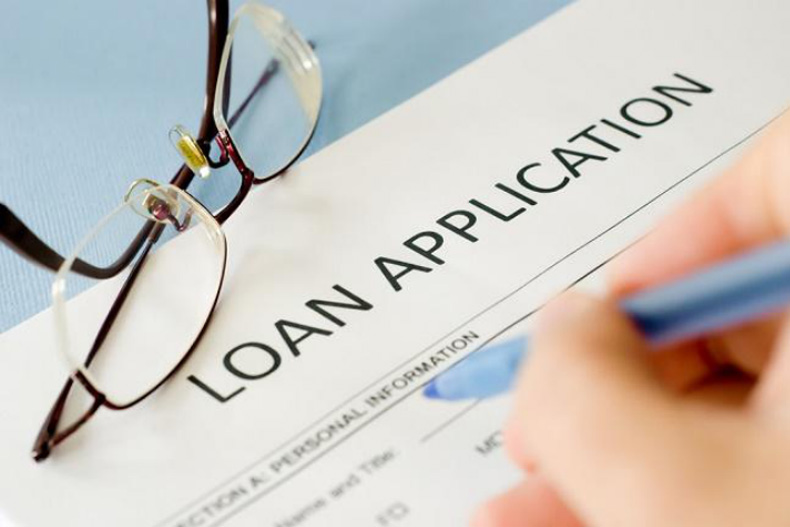Anytime you consider the possibility of borrowing money, you must take your time to weigh your options and if it bodes well for you in the long-term. Taking out a loan means you commit to making repayments within a predetermined time frame and you will most likely have to pay a hefty interest rate.
Before appending your signature, bear in mind how the loan will impact on your finances. Don’t play guesswork on whether you can afford reimbursements, the effect on your debt-to-income ratio, and how it fits in your budget.
Consider the following next time you contemplate borrowing from Quick Loans.

1. What happens if you default your repayments
You should consider the effects of losing your source of income. A significant reduction in your income means added pressure to secure a job at the earliest possible. Defaulted or late payments hit your credit score hard.
Hinging on your industry, a poor credit rating may make it harder to secure a new job. In a nutshell, plan on ways to repay your loan even when you lose your source of livelihood.
Supposing you’re the single source of income in your household, take extra caution in taking out debt.
2. Importance of the purchase
Often, we make un acquisitions. It’s possible to defer the majority of purchases until you save enough cash, rather than resulting t borrowing or financing options.
For instance, while it’s not convenient to do your laundry at the Laundromat, you stand to make savings by making a cash acquisition for a dryer and washer. However, for a recreational purchase such as a kayak, we suggest that you save money to acquire the item, owing to its low ranking on your priority list.
For a much bigger acquisition say, a car, consider buying a second-hand vehicle to save on costs. You may find yourself saving money quicker owing to added motivation to acquire the asset in question.
3. Affording repayments
An important consideration – and one that requires an honest answer. Take into account how loan repayments limit your purchasing power during the repayment window. Your vacation plans, for instance, might hit a snag as your ability to save diminishes considerably depending on the interest payments.
Furthermore, your budget may get squeezed to the extent of not being able to do much else like joining your friends for happy hour, eating out or shopping.
Maintain your debt-to-income ratio at no more than 25%, inclusive of a mortgage. Supposing you intend to purchase a home soon, keep the number much lower.
4. Make a less expensive acquisition
Typically, when making a significant acquisition, we choose the sleek model. Nonetheless, it’s prudent to consider scaling back and buy an alternate but lower-cost model or a used version.
As mentioned earlier, consider purchasing a second-hand car or a basic model. Save on costs as much as possible and direct the money towards investments or savings.